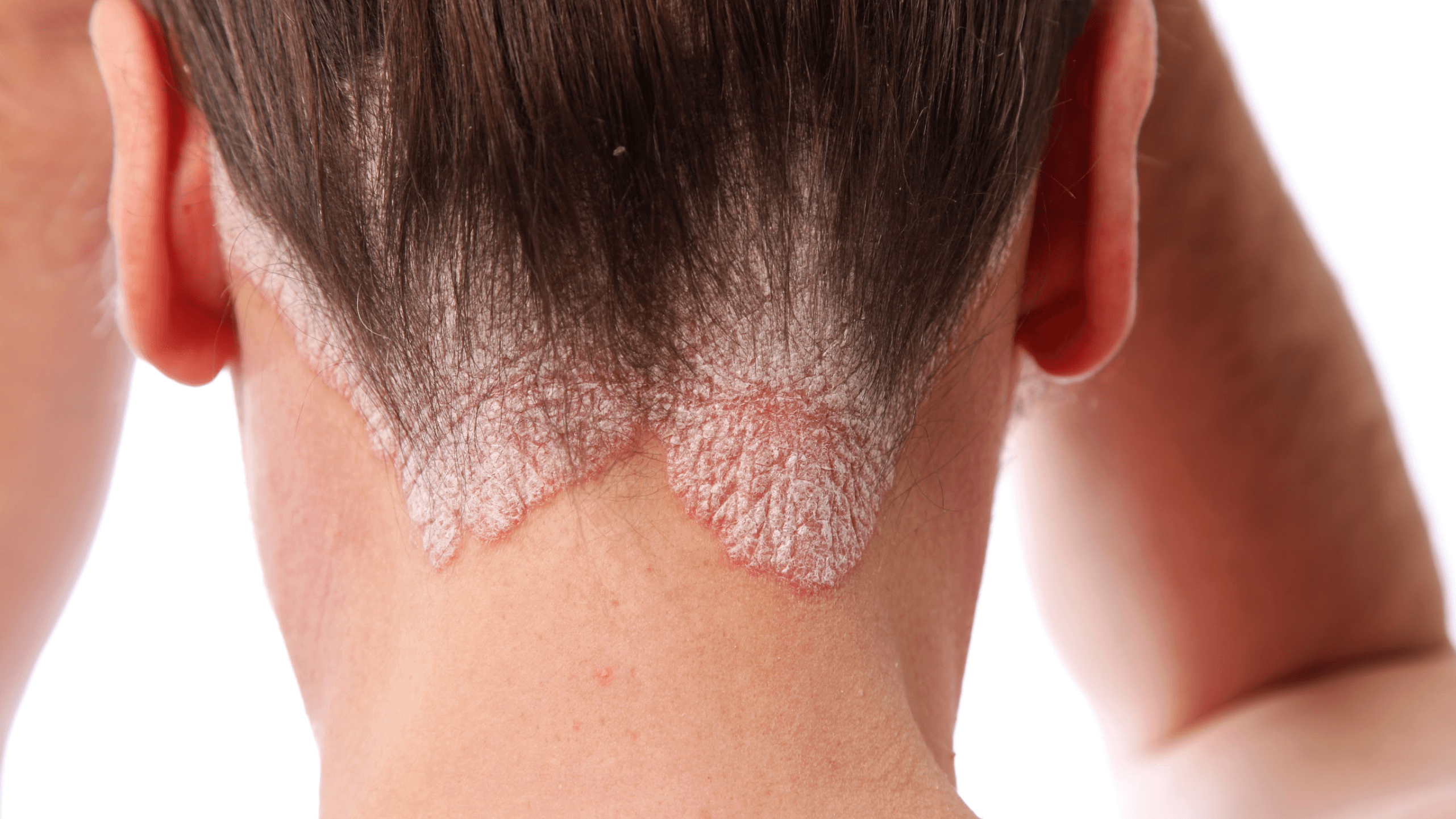What Does Psoriasis Look Like on the Skin?
&srotate=0)
Psoriasis is a common but uncomfortable condition that impacts people of all ages, usually manifesting as red patches of skin coated with silvery scales. Although there is no known cure, Spyglass Dermatology is proud to offer topical medications and state-of-the-art treatments designed to significantly reduce psoriasis symptoms.
Our team has helped countless people overcome psoriasis and regain their confidence. Call now to schedule a psoriasis consultation and learn more about your options. Our patients in Stuart and Tequesta, FL report smoother and more evenly toned skin after their appointments.
What is psoriasis?
Psoriasis is an autoimmune disorder that causes the body to produce too many skin cells. The cause isn't always understood, although genetics and environmental factors are thought to play a role. It can appear at any time during childhood or adulthood and is generally considered a lifelong condition – although some people experience remission for months or even years at a time, with psoriasis symptoms flaring up during times of stress or illness.
What are the signs of psoriasis?
The most well-known symptom associated with psoriasis is elevated, red patches of skin, which may be covered with silvery scales. Plaque characteristically appears in the natural folds of the body (beneath the buttocks or breasts) as well as on the elbows, knees, scalp, and lower back. It's not uncommon for patches to appear on both sides of the body at the same time in a symmetrical pattern.
Psoriasis patches can be itchy and painful, and may cause burning sensations that interfere with day-to-day activities. People with psoriasis should not pick or scrape off their scales, as this leads to infection or scarring.
How does a dermatologist treat psoriasis?
A dermatologist can perform an examination and recommend ways to reduce your psoriasis symptoms. We can create a personalized plan to provide relief during a consultation in Stuart and Tequesta, FL.
We begin by looking at the extent of your issues and determining which areas of your body need the most attention. It's helpful if you provide information about when and how your psoriasis first appeared, what makes it worse or better, and which parts of your body are affected.
What psoriasis treatments are available?
Topical creams like corticosteroids are usually the first line of defense because they reduce itching and inflammation. Since long-term use may cause skin damage, these medications should only be used for short periods. Vitamin D and Vitamin A-based creams or creams containing salicylic acid or lactic acid may also soften psoriasis patches.
Phototherapy is another option for reducing inflammation. This method involves exposing the skin to ultraviolet light sources. It's usually combined with other traditional psoriasis treatments or medications for optimal results.
Systemic therapies are special medications that help heal the whole body, not just the skin. Spyglass Dermatology hopes to address the immune system and suppress the overproduction of skin cells through this method. Biologic agents like adalimumab (Humira®) and oral medications like methotrexate and cyclosporine have been known to produce successful results, even in severe cases.
Target your psoriasis patches
Irritated red patches can be an indication of psoriasis. If you're worried about your skin health, don't hesitate to contact Spyglass Dermatology for assistance. Our team understands the distress that comes with this autoimmune condition and is committed to helping you achieve relief through psoriasis treatment in Stuart and Tequesta, FL. We can get you back on the path to clear skin.